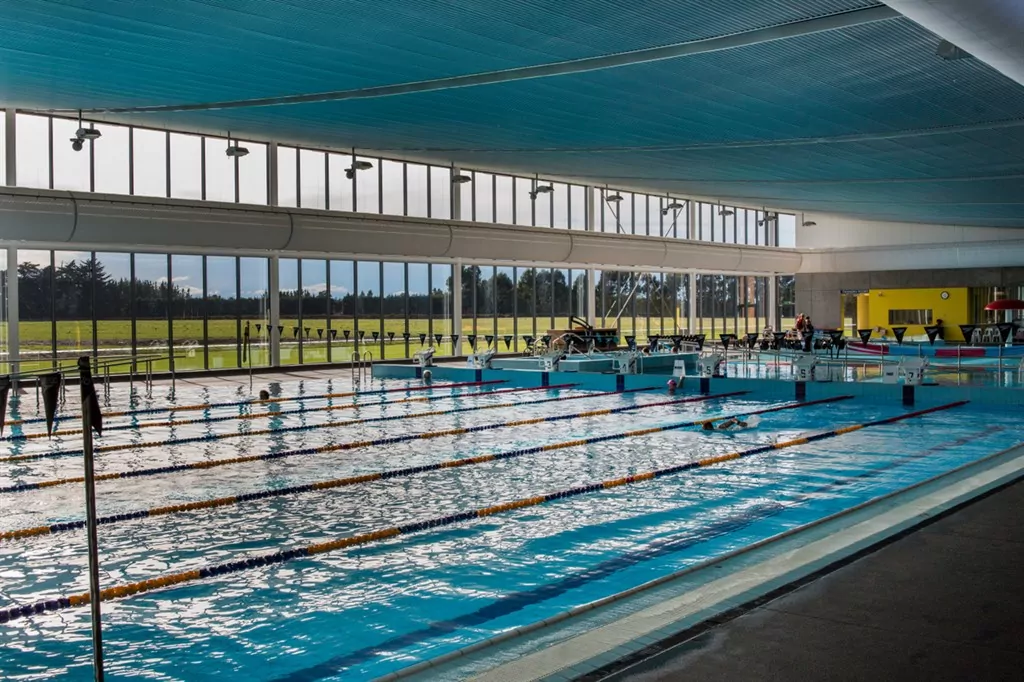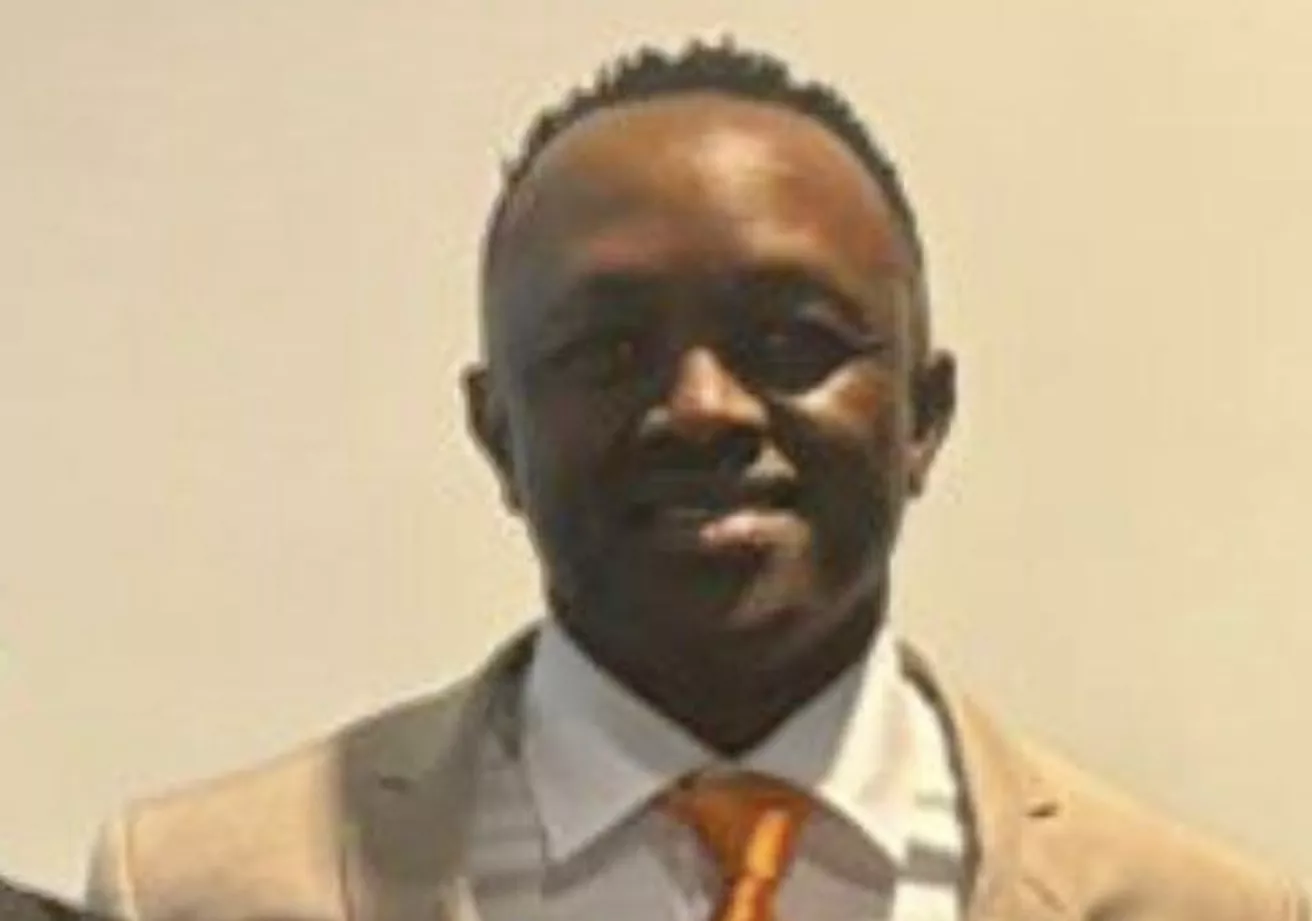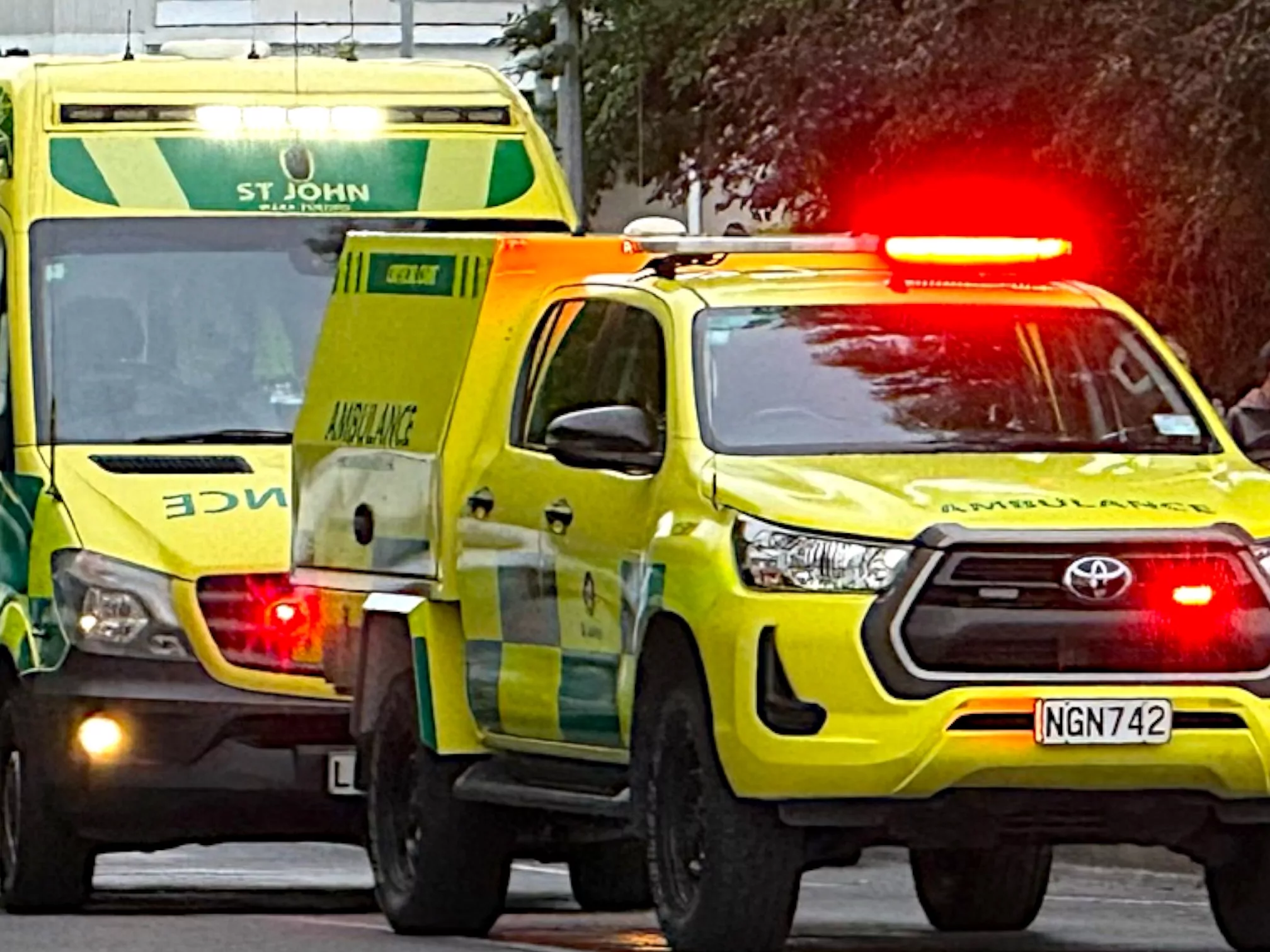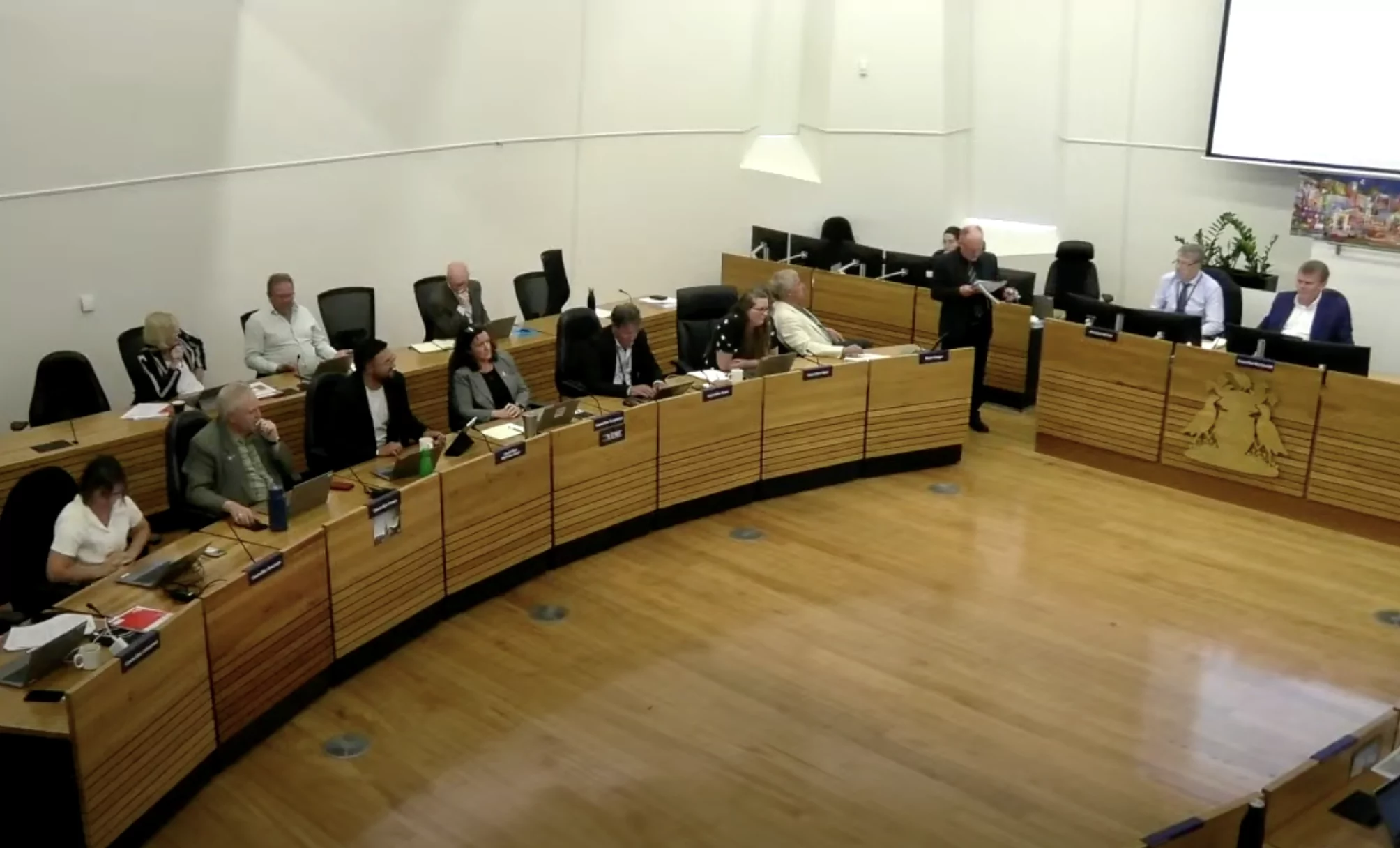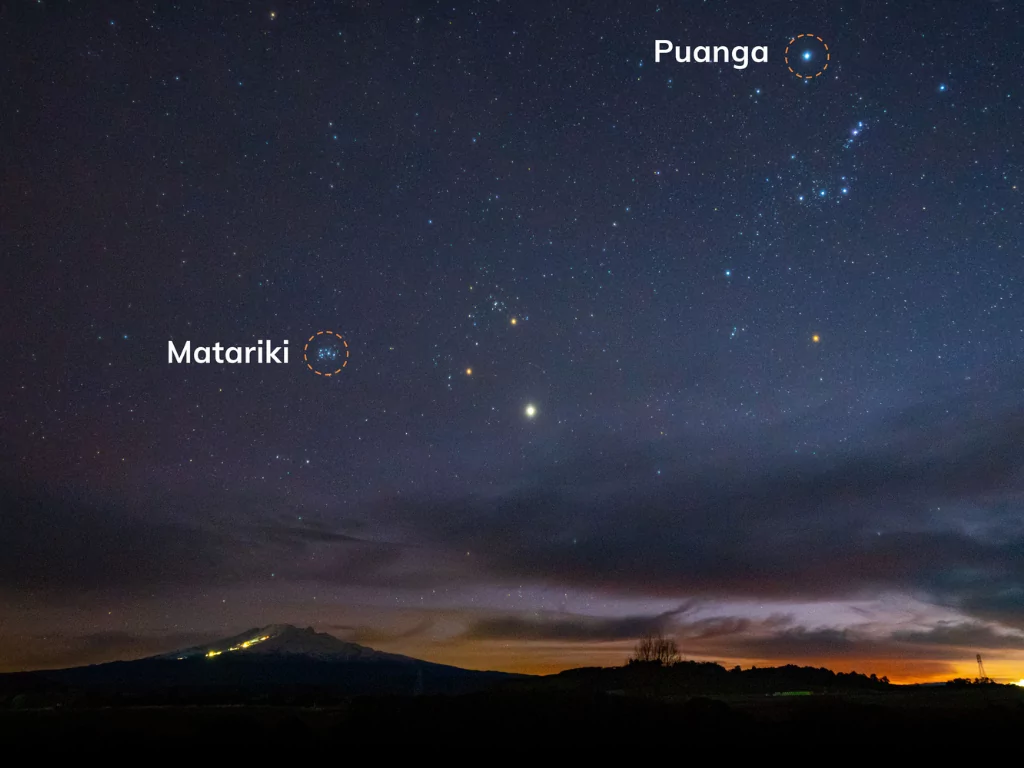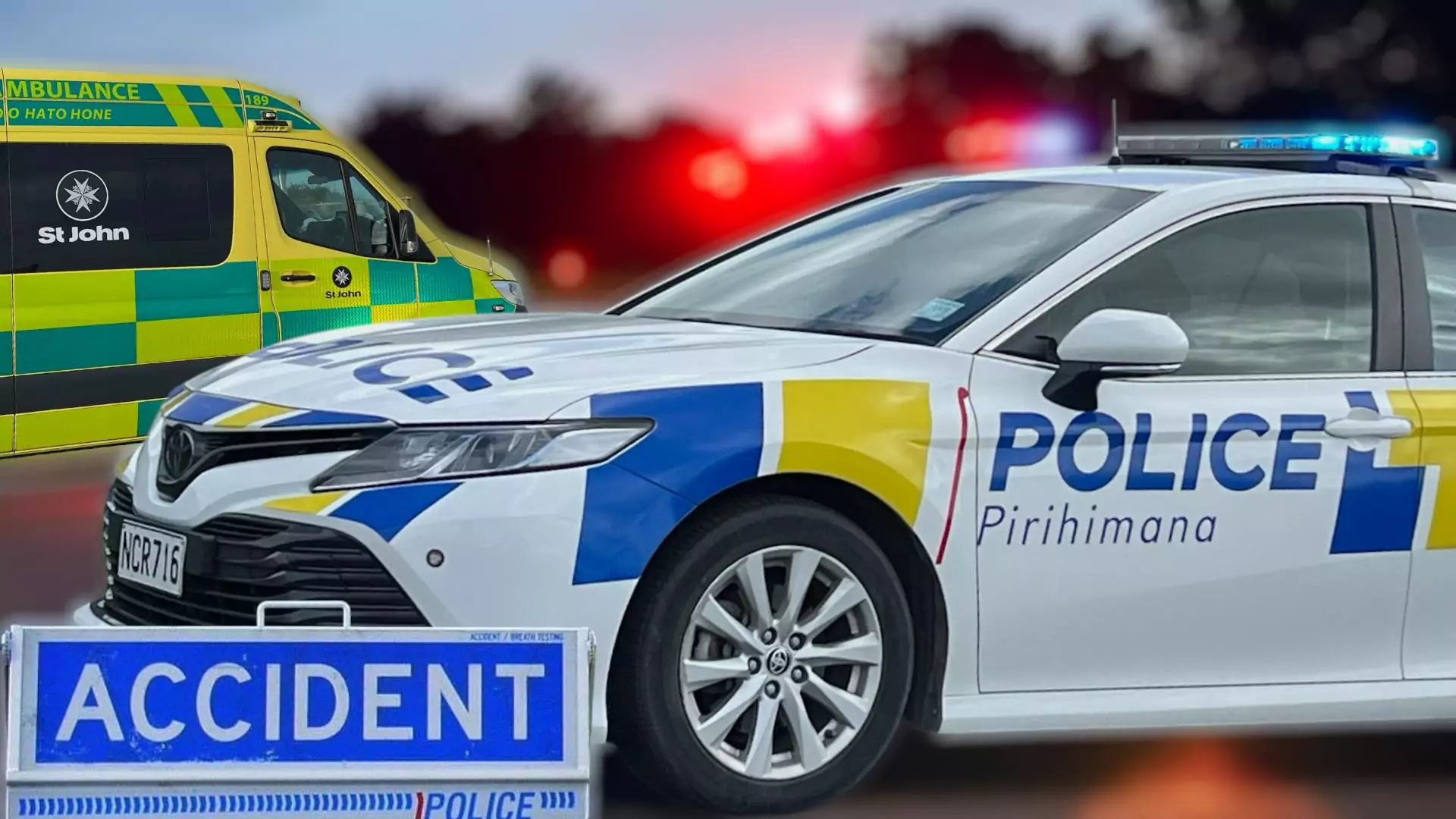Selwyn Aquatic Centre is set to become the first swimming pool in New Zealand to use artificial intelligence technology to enhance swimmer safety.
The new drowning prevention system, which uses cameras and AI to detect potential drowning incidents, was first installed in one pool in December 2024. The full installation across the facility is expected to be completed by June 2025.
A network of 27 cameras will monitor swimmer movements throughout the aquatic centre, with AI software analysing activity for signs of distress. Lifeguards will receive alerts via waterproof smartwatches and dashboard notifications in the lifeguard office, indicating the exact location of a swimmer in trouble.
Head of Sport and Recreation James Richmond said the centre’s high visitor numbers made the new technology a valuable addition.
“The Selwyn Aquatic Centre is our most used site, with over 530,000 customers in the past year. Lifeguarding is a challenging role, and this technology is incredibly innovative. It’s a valuable tool that will help our qualified lifeguards keep people safe. We’re thrilled to be one of the first users of this technology in New Zealand,” he said.
The Selwyn District Council began exploring the technology after a swimmer suffered a medical incident in 2023. Although staff successfully assisted the person, glare and reflections on the water made it difficult to see them. A review recommended implementing technology to address such risks.
The initiative aligns with the council’s broader digital strategy, which aims to improve operations through technology.
“We’re going digital, and this project is just the beginning. We are committed to doing things differently, making use of technology, and being future-focused,” said Chief Digital Officer Matt McGrath.
Recreation Aotearoa is monitoring the council’s use of drowning detection technology and its potential impact on water safety.
“It’s exciting to see these advancements. Technology has the potential to help lifeguards save lives, but we remind parents and caregivers that active supervision is critical to ensure our kids are safe in and around the water,” said Recreation Aotearoa Chief Executive Sarah Murray.
While the AI system aims to improve safety, the council has also addressed privacy concerns.
“The system complies with international laws and privacy regulations. The AI recordings are only used to identify body behaviours, not to record details that could identify people. Recordings are stored on-site and automatically deleted after seven days. No staff members will have access to the recordings,” McGrath said.
The Selwyn Aquatic Centre’s adoption of this technology marks a significant step in using AI to prevent drowning incidents and improve public safety in New Zealand pools.

